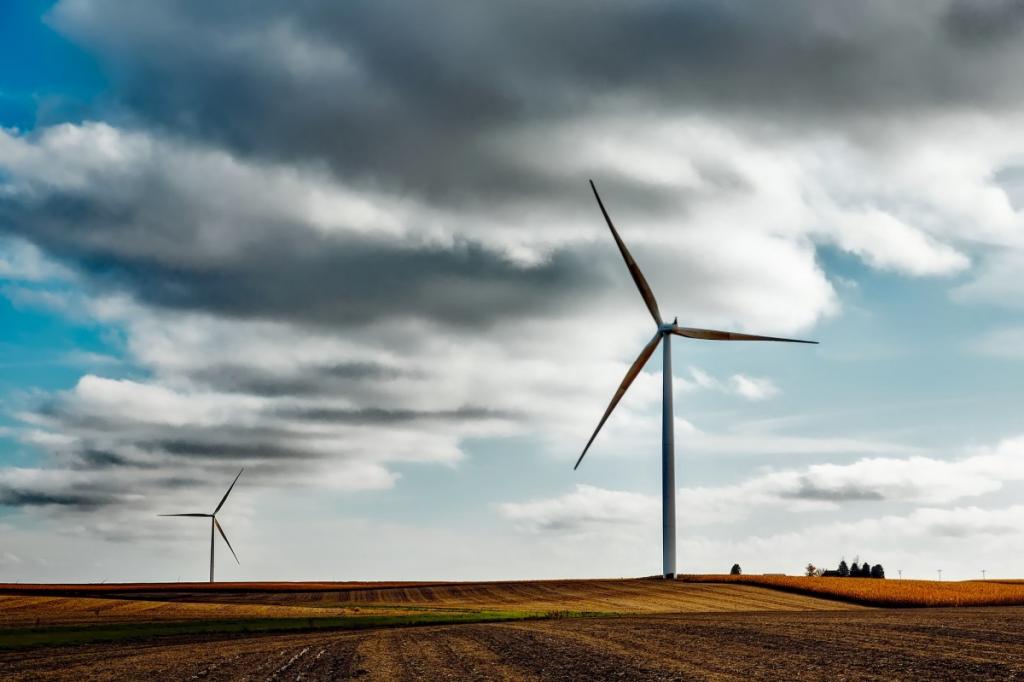When do parties introduce novel clauses to a system of contracts or treaties? While important research has investigated how clauses diffuse once introduced, few empirical studies address their initial introduction. Drawing on network theory, this paper argues that novel clauses are introduced when agreements are concluded in certain structures of earlier agreements and the clauses they include. This paper demonstrates this argument using the example of 282 different environmental clauses introduced into the trade regime complex through 630 trade agreements concluded between 1945 and 2016. We find that trade agreements are more likely to introduce novelties when they involve parties with a diversity of experience with prior environmental clauses and introduce more novelties when more parties are less constrained by prior trade agreements between them. Contrary to prevailing wisdom, power asymmetry between the negotiating parties is not statistically significant.
To read the full article, please follow this link.


